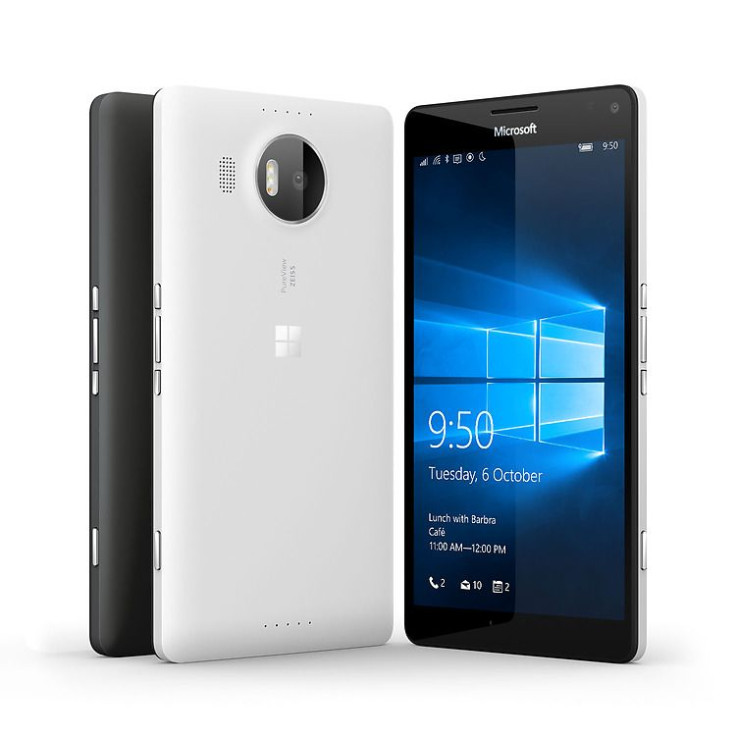Microsoft Lumia 950, Lumia 950 XL Release Update: Verizon Might Block The Devices From Its Network

The confusion surrounding the possible carriers that would be offering the recently unveiled powerhouses “Microsoft Lumia 950” and “Microsoft Lumia 950 XL” has not been settled as of today. Earlier reports stated that only AT&T will be offering the Lumia 950, while the bigger sibling will not be offered. T-Mobile, on the other hand, was apparently involved in blame game with Microsoft. However, there is deafening silence from Verizon’s end with respect to the aforesaid handsets.
According to Windows Weekly, the Microsoft Lumia 950 and Lumia 950 XL are technically capable of supporting the CDMA band for phone calls under Verizon network. Even then, the Redmond tech giant has not announced the possibility of selling unlocked variants under Verizon’s network.
As it turns out, Verizon will not be “authenticating” the Lumia 950 series to work under its network. This is predominantly because of the “nature of CDMA.” Verizon apparently requires the MEIDs (aka Mobile Equipment Identifier) to be added to its system and network, despite the fact that the device is unlocked, Windows Central reported.
In case Verizon doesn’t add the new device’s MEIDs in its system, the phones will not work under its network. This is precisely why Verizon customers will have to undergo the additional step of calling the carrier and manually adding the identifier so as to activate their new handset. In case, the phone or the identifier is blocked, the device irrespective of the OEM that manufactured it will be blocked.
Thanks to this confusion, it is quite obvious that, a new Lumia 950 or Lumia 950 XL owner would accuse Microsoft for the additional manual step, even though the problem is from Verizon's end. To avoid this problem, the tech giant has reportedly “disabled the CDMA” part.
Readers should note that the MEID system identifier is not required in the case of GSM carriers like T-Mobile and AT&T. Windows Central also points out that, Verizon has a history of nettling OEMs with its lethargy in promoting specific handsets.
© Copyright IBTimes 2025. All rights reserved.





















